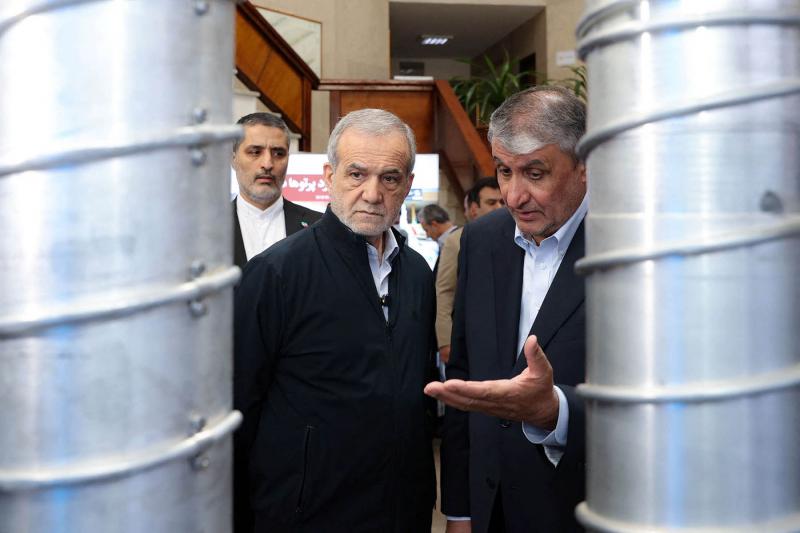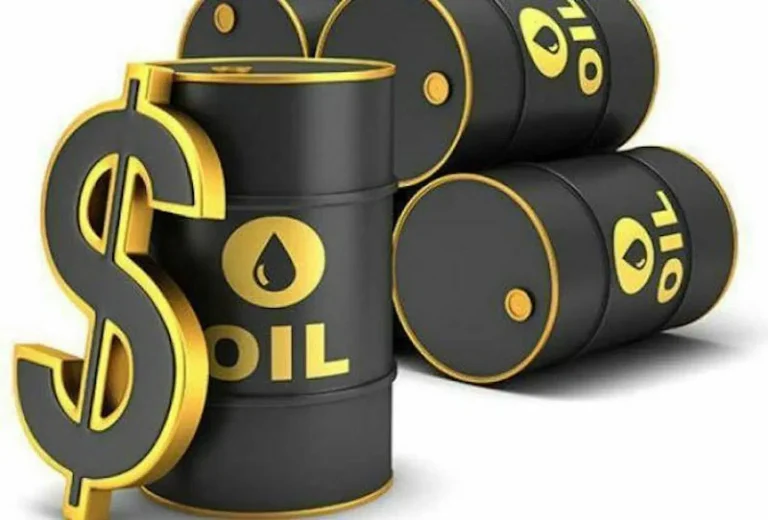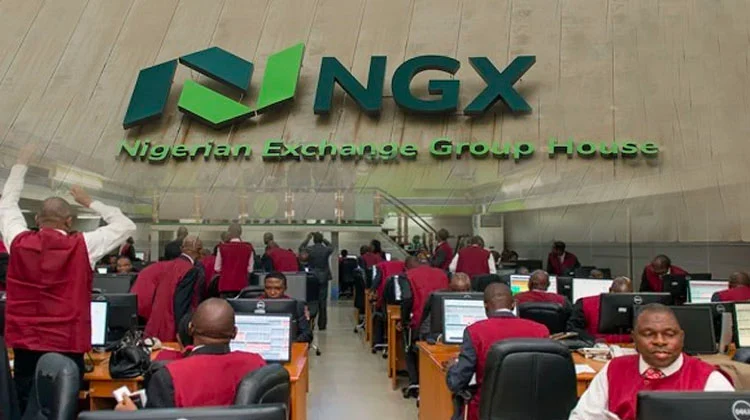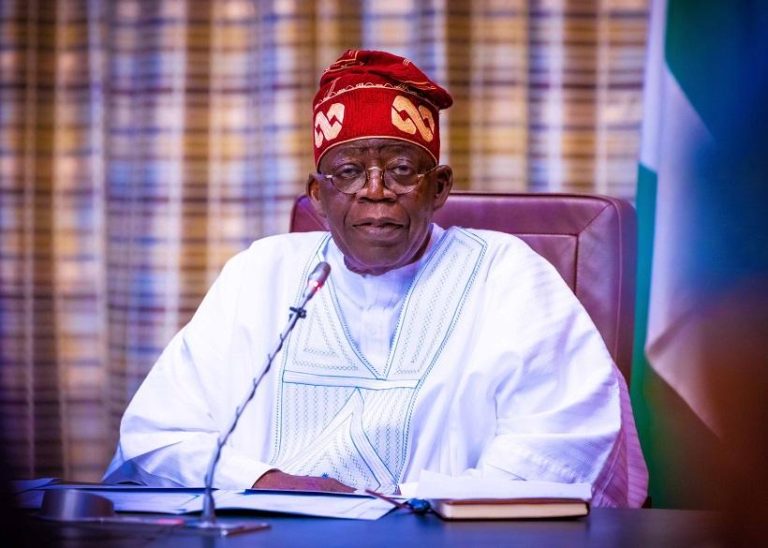
For the first time in a decade, Iran faces the return of sweeping United Nations sanctions—set to take effect late Saturday—after last-ditch diplomacy at the UN General Assembly failed to produce a breakthrough.
The measures, triggered under the UN’s “snapback” mechanism, will take force at 0000 GMT Sunday (8:00 pm Saturday in New York), barring any unexpected reversal. They will reimpose a global ban on dealings with Iranian individuals, companies, and organizations linked to nuclear and ballistic missile activities.
The move follows weeks of strained diplomacy. While the International Atomic Energy Agency (IAEA) reported Friday that its inspectors had regained access to Iranian sites, Western powers concluded that Tehran had not made sufficient concessions to halt the process.
In protest, Tehran on Saturday recalled its ambassadors from Britain, France, and Germany—the three European powers that formally triggered the snapback, accusing Iran of stonewalling its nuclear disclosures and escalating countermeasures in response to Israeli and U.S. strikes.
Iran Rejects Compromise
Iranian President Masoud Pezeshkian, speaking to reporters in New York, dismissed the sanctions as politically motivated.
“If the goal had been to resolve concerns on the nuclear program, we could easily do that. But this is not about the program—this is about regime change,” he said, reiterating Iran’s stance that it has no intention of pursuing nuclear weapons.
Pezeshkian confirmed that France had floated a compromise—trading Iran’s stockpile of highly enriched uranium for a one-month delay in sanctions. He rejected it outright:
“Why would we place a noose around our neck every month? This was a trap.”
The president also accused Washington of pressuring European governments not to reach any middle ground, dismissing U.S. envoy Steve Witkoff’s outreach as unserious and inconsistent.
Global Divide Over Enforcement
While the sanctions are designed to escalate economic pressure, their effectiveness depends on global enforcement. Russia and China attempted—unsuccessfully—at the Security Council to delay the snapback until April.
Russia’s deputy UN ambassador Dmitry Polyansky declared Moscow would treat the reimposed sanctions as “null and void,” signaling continued cooperation with Tehran. China is also expected to resist enforcement, especially in oil imports.
The United States already maintains sweeping unilateral sanctions, part of former President Donald Trump’s “maximum pressure” campaign, which began with Washington’s 2018 withdrawal from the 2015 nuclear deal.
That accord had lifted UN measures in exchange for strict limits on Iran’s nuclear activities, brokered under former President Barack Obama.
Mounting Regional Tensions
The International Crisis Group warned that while Iran has largely adapted to U.S. sanctions, the snapback could deepen its economic malaise, worsening inflation, currency instability, and infrastructure decay.
At the UN on Friday, Israeli Prime Minister Benjamin Netanyahu urged no delay in sanctions and hinted that Israel remained prepared to strike Iran’s nuclear program again, recalling air raids in June that Tehran says killed more than 1,000 people.
Despite the mounting pressure, Pezeshkian insisted Iran would not retaliate by withdrawing from the Nuclear Non-Proliferation Treaty (NPT), warning that unnamed powers were looking for a “superficial pretext to set the region ablaze.”



